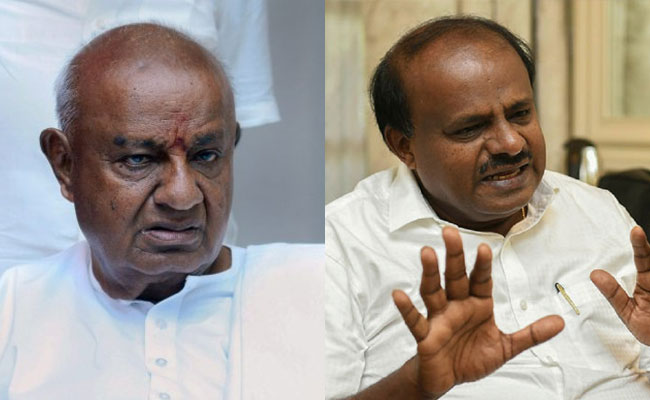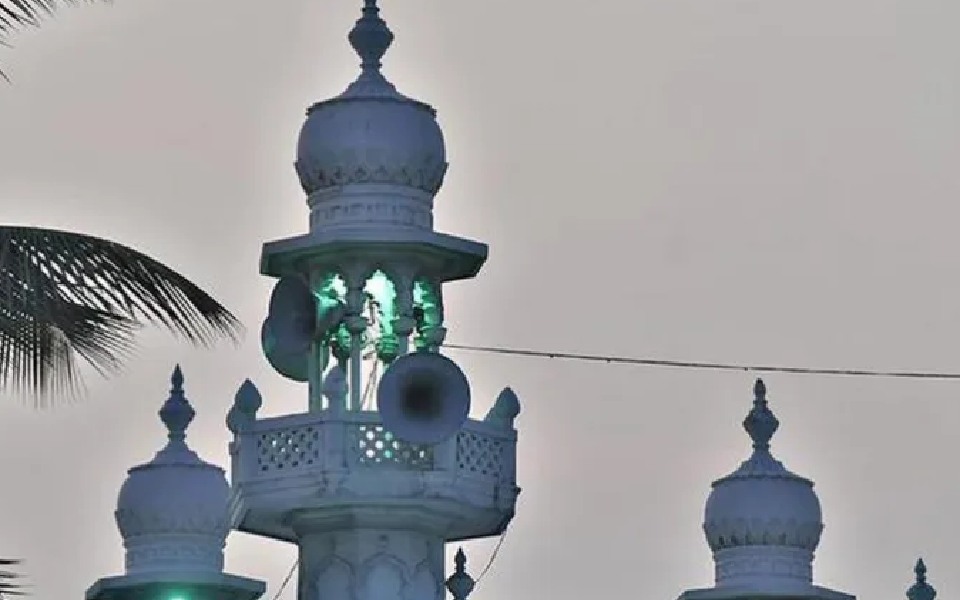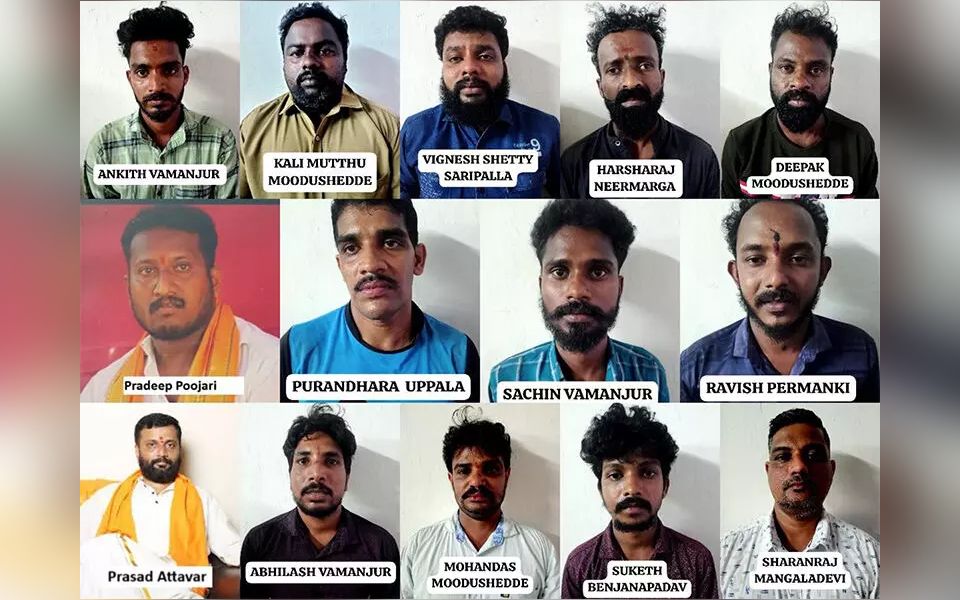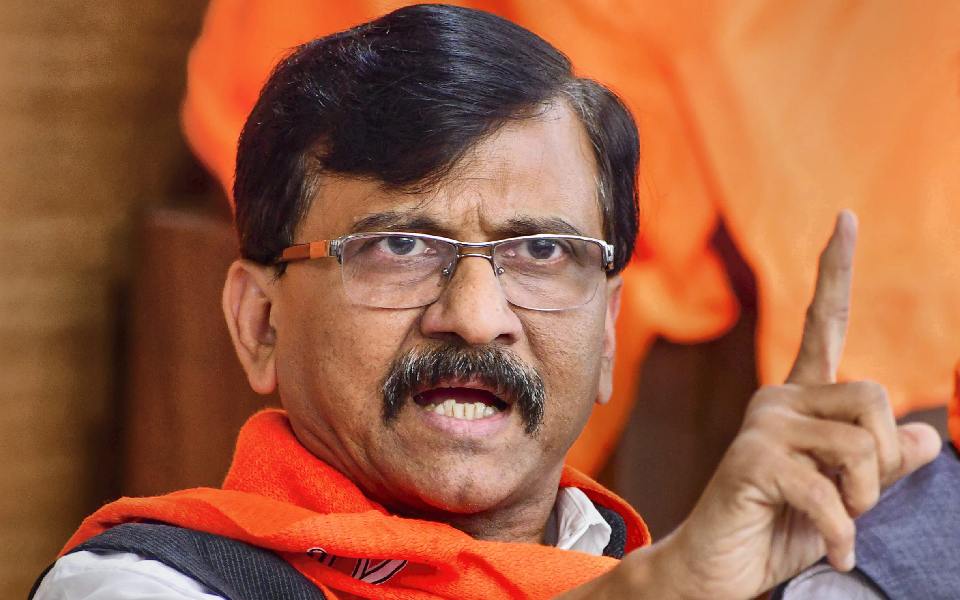Bengaluru: The JD(S) has filed a complaint with Chief Electoral Officer Manoj Kumar Meena regarding tweets by an account holder against party senior leaders HD Deve Gowda and HD Kumaraswamy.
In a letter on Sunday, AP Ranganatha, president of the state legal cell of the JD(S), told the CEO that ‘blatantly false tweets’ were posted late in the day, to vilify the images of the said leaders of the party.
The legal cell head has also asked the officer to take immediate action in the matter.
Let the Truth be known. If you read VB and like VB, please be a VB Supporter and Help us deliver the Truth to one and all.
Prayagraj, Jan 24 (PTI): The Allahabad High Court on Wednesday dismissed a writ petition seeking direction to the state authorities to permit the mounting of loudspeakers on a Masjid.
The court observed that the religious places were for offering prayers, therefore the use of loudspeakers was not a matter of right.
Dismissing the writ petition filed by Pilibhit-resident Mukhtiyar Ahmad, a two judge-bench, comprising Justice Ashwani Kumar Mishra and Justice Donadi Ramesh, observed, "Religious places are for offering prayers to the divinity and use of loudspeakers cannot be claimed as a matter of right, particularly when often such use of loudspeakers create nuisance for the residents".
At the outset, the state counsel objected to the maintainability of the writ on the grounds that the petitioner was neither a mutawalli, nor did the mosque belong to him.
The court also noted that the petitioner did not have locus to file the writ petition.
The term 'locus' is a legal concept that refers to the right of a person or entity to participate in a legal proceeding or bring a lawsuit.





